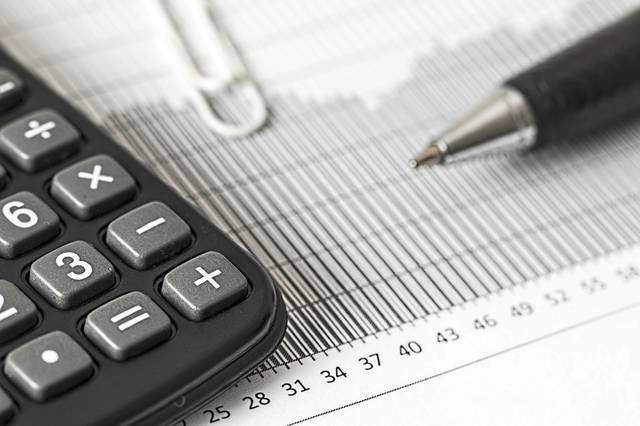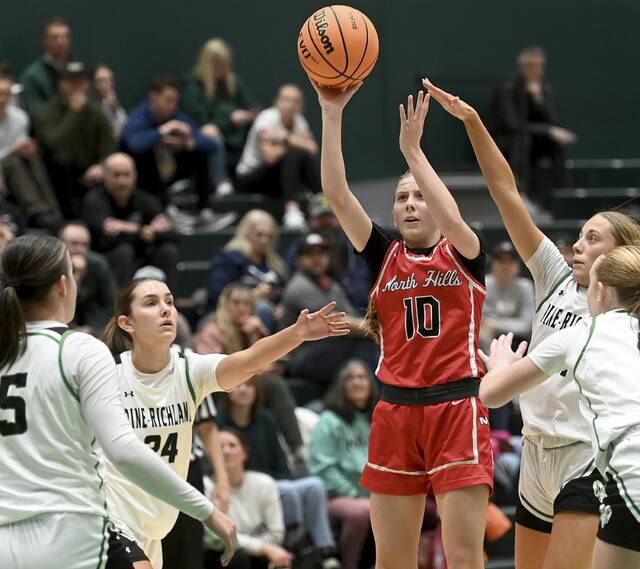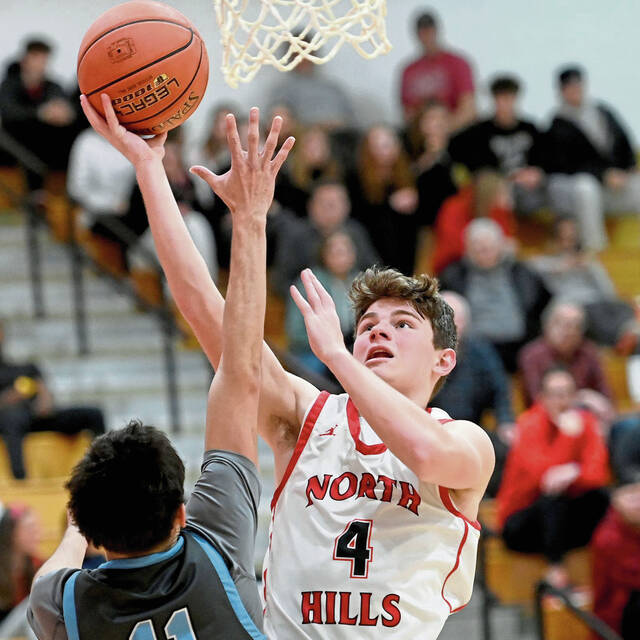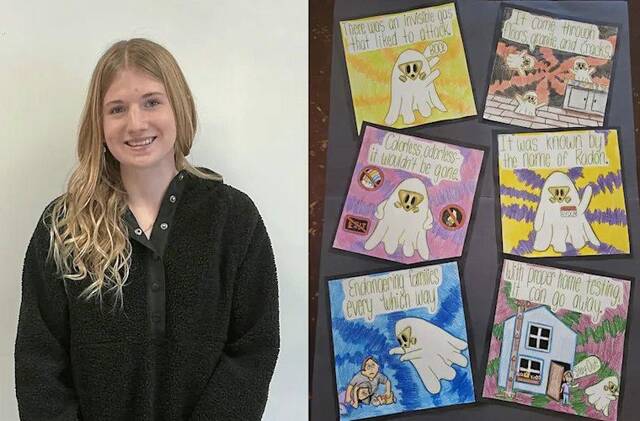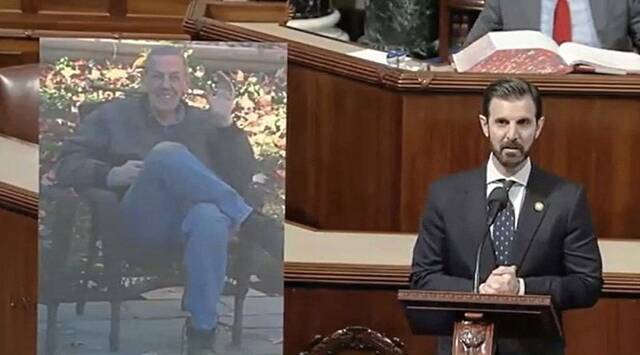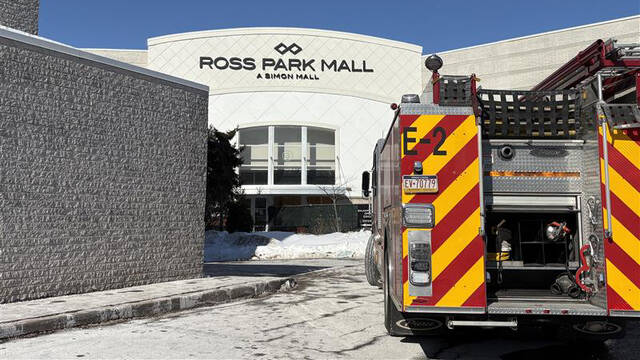The North Hills School Board is considering a nearly $83 million budget for the 2019-20 school year that calls for a small increase in the property tax rate to help cover the cost of salaries, pension and the rising cost of providing special needs programs and paying for students to attend charter and vocational schools.
If approved, it will be the sixth consecutive incremental tax hike in as many years.
The spending plan, which is expected to come up for a final vote on June 8, would add 0.4 mills to the current 18.25 mill rate — a 2.2 percent increase that will raise the rate used to calculate property tax bills to 18.65 mills.
The increase would add $54 a year to the yearly $2,490 tax bill for a property assessed at the district’s $135,900 median value, according to Dave Hall, the district’s director of finance and operations.
The board has approved tax increases each year since the 2013-14 school year — the year after property taxes were cut 19.8 percent, which dropped the rate from 21.26 mills to 17.06 mills.
Here is how North Hills’ property tax rate has changed over the past seven years:
• 2019-20 18.65 mills, increase of 2.2 percent (proposed)
• 2018-19, 18.25 mills, 1.4 percent increase
• 2017-18, 18 mills, increase of 1.1 percent
• 2016-17, 17.80 mills, 2.3 percent increase
• 2015-16, 17.40 mills, increase of 0.8 percent
• 2014-15, 17.26 mills, 1.2 percent increase
• 2013-14, 17.06 mills, 19.8 percent decrease
The proposed 0.4-mill tax increase for 2019-20 is estimated to generate about $1.04 million in revenue for the district.
School Directors Tim Burnett, Sandra Kozera, Allison Mathis, Annette Giovengo-Nolish and Kathy Reid voted to approve the preliminary budget, which must be finalized before the end of June.
Board members Tom Kelly, Lou Nudi, Dee Spade and Ed Wielgus voted against the proposed budget.
One of the largest expenditures in the district’s budget is for salaries and benefits. Spending for wages is budgeted to increase from $36.15 million this year to 36.97 million, or about 2.27 percent, for the 2019-20 school year.
The increase is the result of pay raises and increases in staffing, according to Hall.
Next year’s budget increases spending by $2.26 million. Of that amount,, $1.6 million, or 71 percent, will be used to cover increases in the cost of salaries, benefits and pensions.
Of the $660,000 additional money budgeted to cover anticipated higher costs in other areas, the largest amount — $480,000 — is earmarked to pay the tuition for district students who attend charter schools, vocational school or require assistance through special needs programs, according to Hall.
The district has tried to limit the impact of the escalating cost of required contributions to the state-run teacher retirement fund by setting aside money earmarked for pension payments, Hall said.
“A few years back we set aside $7.5 million of our fund balance to offset the impact on growth of the PSERS (Public School Employees’ Retirement System) costs,” he said, noting that a little more than $1.15 million from that fund will be used to help balance the district’s 2019-20 budget.
The district’s total cost fore employee retirement is expected to increase from the current amount of about $12 million to about $12.6 million, or 4.9 percent, next year. Half the cost of the increase is the result of a hike in the rate set by the state. The remainder of the additional pension expense is the result of higher wages, Hall said.
Local real estate taxes will make up the bulk of the district’s revenue. Including the additional money generated by the tax hike, income from local property tax receipts is anticipated to increase from $59.5 million this year to $61.8 million, or 3.84 percent, in 2019-20.
Money from the state to help operate the district is expected to increase from a little more than $19.87 million to nearly $20.12 million, or 1.32 percent.
Federal funding, however, will dip from the current level of slightly more than $1 million to about $836,000 next year, a decrease of about 16.83 percent.
Board President Ed Wielgus noted that while salary costs have increased incrementally, the cost of providing health insurance to employees has been “kept in check.”
School director Tom Kelly said he voted against the proposed budget because he is “not thoroughly convinced that we have pursued all the opportunities (to trim spending) that are open to us.”
“Maybe there are no options to what we are doing, but I’m not convinced,” he said.
Several board members said the district would continue to review the budget in the coming weeks to try to avoid, or reduce, the size of the proposed tax hike.
Giovengo-Nolish said she is “satisfied” with the proposed budget.
“Here we have a budget that reflects what our students need,” she said. “It’s not a budget that is built on nice to haves or let’s just see how much we can add. It’s built from what it is that we actually need, so that when we do have to ask for an increase from taxpayers, we are asking for the smallest increase that we can.”


